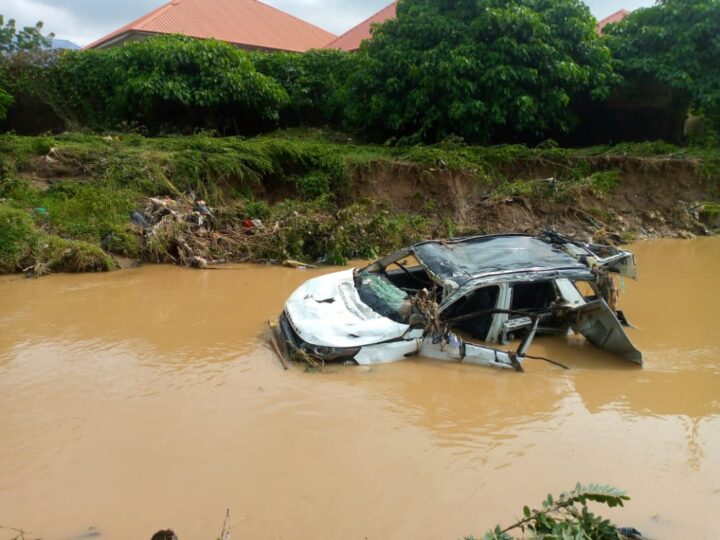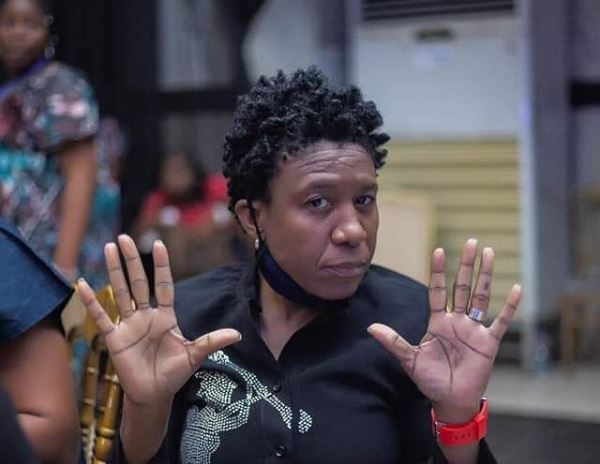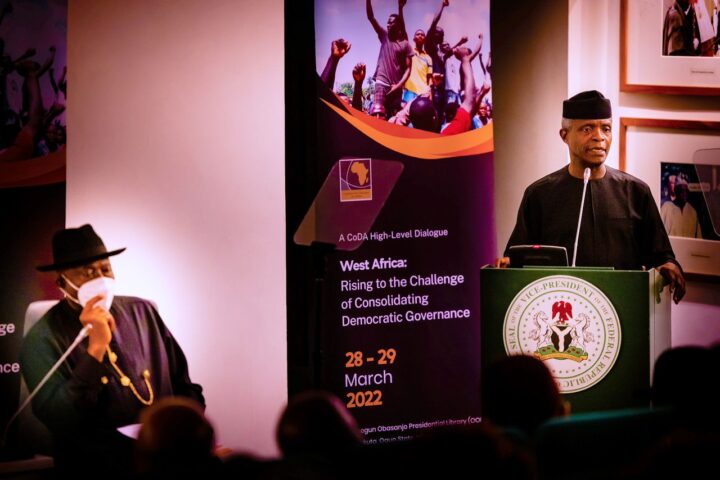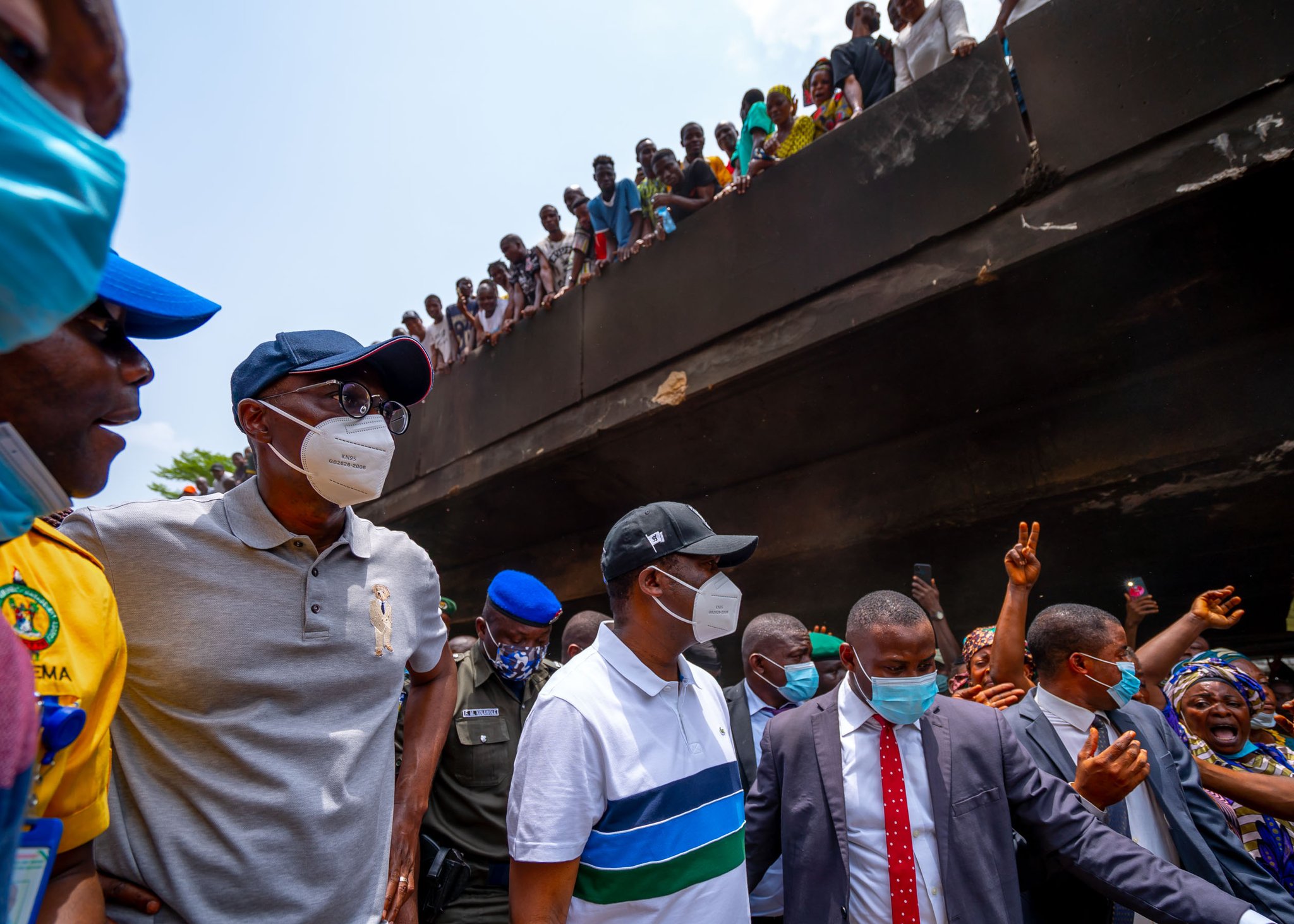Despite directly impacting our communities, health and livelihood, climate-related reports usually take a back seat to dominant news beats like politics and business. Climate Watch aims to ensure you never miss important stories on climate change and actions being taken towards limiting its impact.
Here is a round-up of last week’s climate stories:
- Nigeria has launched an updated 2050 energy calculator to help monitor its carbon footprints as well as help in achieving its climate commitments. By doing this, the country has become the first in Africa to launch an updated version. The energy calculator also aims to help industries and the energy sector to set greenhouse gas emission reduction targets, as well as identify solutions that will support the implementation of Nigeria’s national determined contributions (NDCs). Read more here.
- The new United Nations report to be released on April 4 intends to recommend measures for removing carbon from the atmosphere. Jim Skea, a professor at Imperial College, London, and one of the authors of the report, said the focus will be on methods and technology of capturing and removing carbon from the atmosphere. He added that the kind of carbon removal approaches the report will consider will include tree planting and agriculture, as well as the more advanced technological approaches that use large machines to remove carbon from the air. Find out more here.
Advertisement
- Bill and Melinda Gates Foundation have partnered Qatar Fund for Development to tackle climate change in the African continent. The partnership, called Nanmo, or ‘growing together’ in Arabic, will see the two organisations invest in climate-adaptive agricultural tools and technologies to build resilient food systems and markets that provide nutrition, income, and economic opportunities to small-scale producers and their communities across the African continent.
- According to a new World Bank report, climate and conflict are disproportionately affecting Nigerians and could take more people into poverty. In the report tagged ‘A Better Future for All Nigerians: 2022 Nigeria Poverty Assessment’, the Bank said climate shocks may push Nigerians deeper into poverty, adding that as many as four in 10 Nigerians live below the national poverty line. It stated that in order to cope, households have adopted dangerous strategies including reducing education and scaling back food consumption, which could have negative long-run consequences for their human capital. The report recommended that for communities to adapt, there should be policies to boost the productivity of farm and non-farm household enterprises; improving access to electricity, water, and sanitation, while bolstering information and communication technologies.
- As Nigeria prepares for the 2023 elections, Hamzat Lawal, the chief executive officer (CEO) of Connected Development (CODE), said he is mobilising 40 million voters, but added that the supporters will not vote for candidates who are not passionate about climate change and the environment. Lawal said Nigerians need to ask their candidates what plans and commitments they have about the environment, adding that governments need to start collaborating with the private sector to provide quality water and electricity to improve lives.
Advertisement
Add a comment






